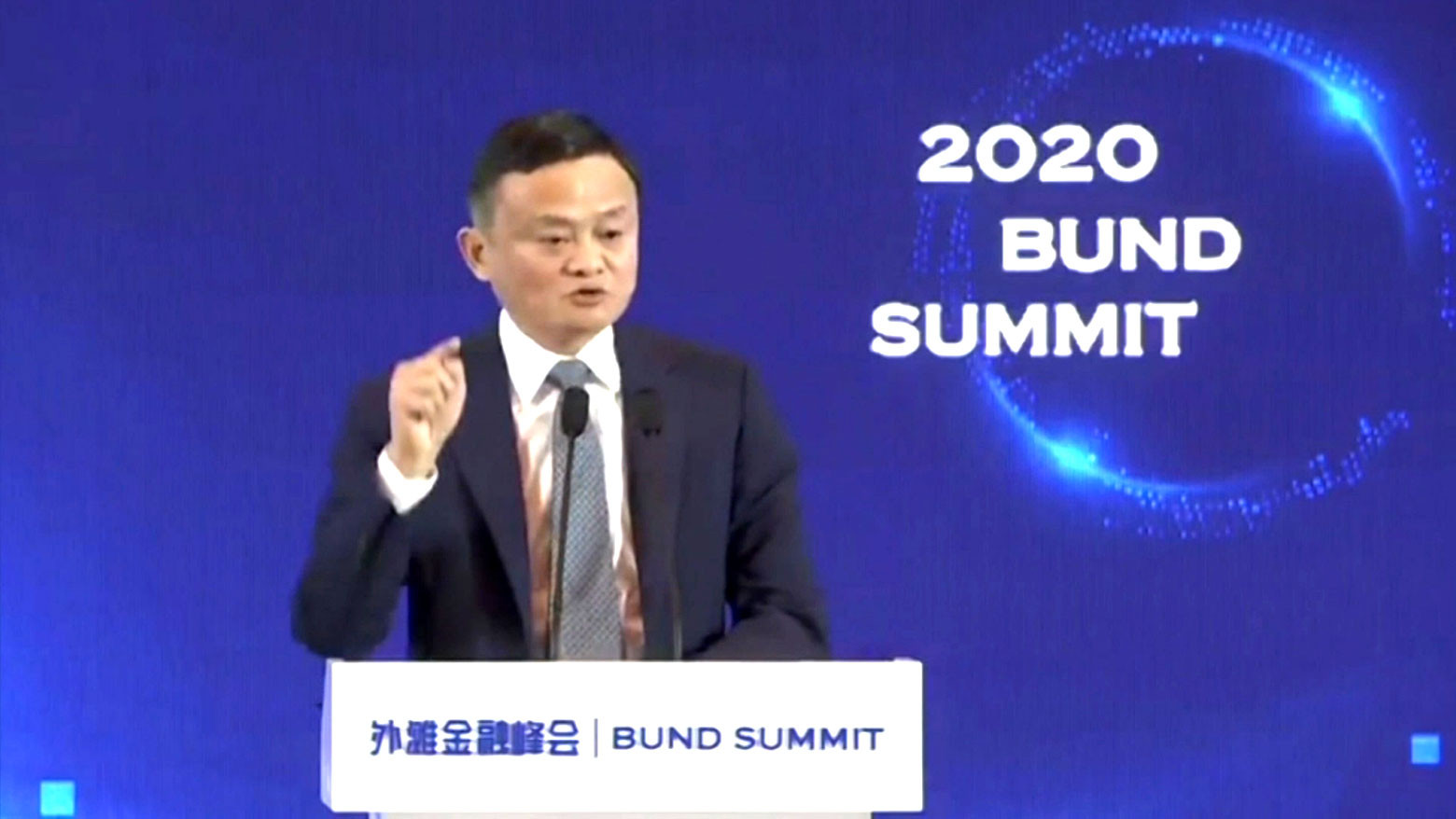The controversy began at the Bund Finance Summit in Shanghai on October 24 where Ma made a presentation in which he claimed China doesn’t have a proper risk management system for its financial sector. In doing so, he broke a Chinese taboo: a private-sector business figure rarely criticizes regulators in a public setting.
Nine days later, the celebrity entrepreneur, along with some of his group executives, was summoned to receive a warning from the People’s Bank of China, and three bodies including the China Securities Regulatory Commission. While details of the warning have not been revealed, on the following day an announcement came that the Ant Group’s $34 billion IPO was suspended.
Ant’s business model
While the Ant Group is best known for its online payment system, Alipay - which has more than one billion annual active users, mainly in China, and processes transactions worth about $18 trillion annually - its primary source of revenue is digital finance, including an online micro-lending business. Outstanding loans were valued at more than $3.2 trillion as of June 2020, making the company China’s largest online small-lot credit services provider.
Ant’s high-speed service is popular with small businesses and individuals. Its key marketing phrase is “three-one-zero”: “three” minutes to fill out an application, “one” second for a financing examination powered by artificial intelligence, and “zero” human resources to process the loan. It offers a vastly different experience from traditional Chinese banks that tend to lend to low-risk state businesses and big companies. In that environment, Ant has leapt ahead.
On the same day Ma and his executives were summoned by the financial regulators, Chinese officials also announced tighter regulations for online micro-lending. Sources say Ma had may have seen the writing on the wall, and made the comments at the Bund Summit with that in mind.
In his keynote speech, Ma said: “I was quite torn whether to come to this summit, but I decided we have a very important responsibility to think for the future. Good innovation is not afraid of regulation, but is afraid of being subjected to yesterday’s way to regulate. We cannot manage the future by using the way of managing the past.”

Liu Shengjun, director of China’s Financial Reform Institute, commends Ant for providing loans to small businesses. But he points out the company has been able to grow because it has not been subject to the same kind of regulatory scrutiny that traditional banks face. Ant holds just 2% of its loan balance in capital. The company operates as a marketplace between consumers and lending institutions and receives commissions.
Liu says Ant is a virtual financial institution that must be strictly managed, as bankruptcy would have a major impact on social stability. “Ant became a giant financial power after cooperating with financial institutions,” he notes. “The authorities have begun to think it must be managed and supervised.”
China’s digital economy future
Digital economy has been growing quickly in China, with a take-up rate exceeding other countries. Observers note that start-ups often have success with business models unhampered by traditional regulations, with authorities allowing them even if they operate in legal or regulatory gray zones. That type of policy has contributed to China’s rapid pace of change. But with Beijing now stepping in to tighten regulations, the state looks likely to play more of a role in technological innovation.
Ma appears to have been referencing this likelihood in his controversial summit speech, and even quoted the Chinese leader.
“Based on my understanding, what President Xi said about ‘enhancing governing ability’ meant orderly regulation to maintain healthy and sustainable development, not just regulation without development,” Ma said.
A relaunch of Ant’s public offering is expected to take some time as regulators impose tighter rules and force the company to make considerable changes to its operations and future earnings estimates.


